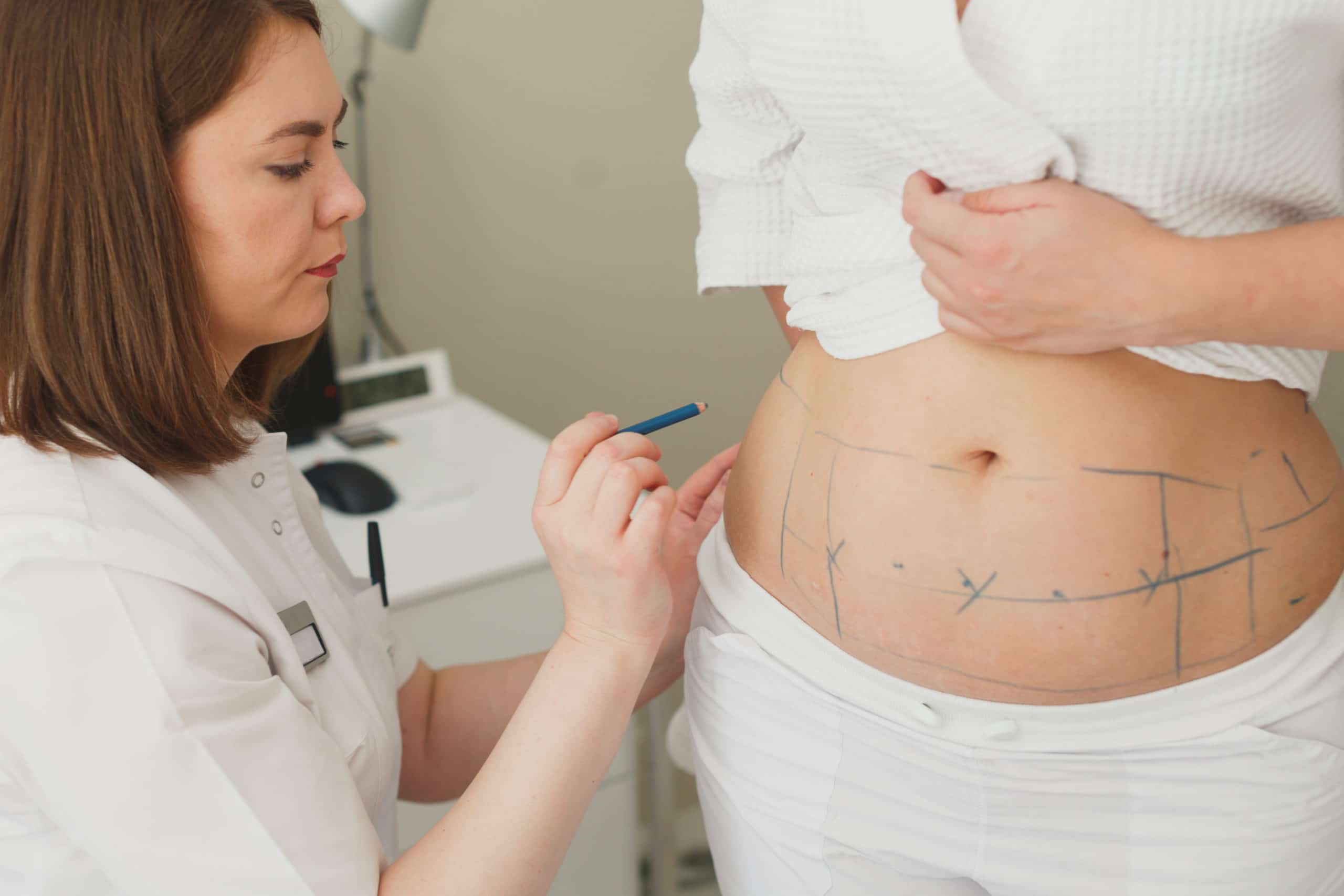Weight Loss Surgery

Benefits of weight loss surgery
Weight loss surgeries can be highly effective, with typical results seeing patients lose between 25% and 75% of their excess weight depending on the type of surgery performed.
Intra-gastric balloons result in a 25-44% reduction in excess weight on average, while gastric sleeve and gastric bypass treatments can see excess weight loss of 60% - 70% and 70% - 75% respectively.
This degree of weight loss can have a significant impact on both physical and mental health. Weight loss surgery can reduce symptoms of weight-related conditions, as well as minimise the risk of developing weight-related illness in the future. It can also help patients to resume normal day-to-day activities, boosting wellbeing and confidence.

Weight loss surgery, also known as bariatric surgery, is a tool used for supporting those who wish to lose weight.
Combined with strict lifestyle changes, such as healthy eating and increased activity, bariatric surgery can result in significant weight loss and boost the quality of life for both men and women who have struggled with the challenges of obesity.
There are a number of different kinds of weight loss surgery offered by bariatric specialists today. Some treatments, such as the intra-gastric balloon, are temporary solutions that kickstart weight loss through food restriction. Other treatments involve permanent changes to the body, like the gastric sleeve where part of the stomach is physically removed.
Am I eligible for weight loss surgery?
A professional weight loss surgeon will always recommend that a diet and exercise programme is adopted before surgery is considered due to the risks involved. However, for those who have previously attempted to lose weight through diet and exercise but have struggled to achieve their goals, weight loss surgery can be an effective solution.
Typically, private weight loss surgery is offered for those categorised as ‘severely obese’, with a body mass index (BMI) of 40 or above. However, weight loss surgeons may consider operating on those with a lower BMI if they have been diagnosed with a condition such as high blood pressure or Type II diabetes which may be alleviated through weight loss.
Weight loss surgery risks
As with any surgery, there are risks to ‘going under the knife’, such as blood clots and infection. However, weight loss surgery can be made safer by selecting a highly experienced gastrointestinal and bariatric specialist to perform the procedure.
Some of the most common risks of weight loss surgery include dumping syndrome (where food moves too quickly through the system), loose skin, and malabsorption. Fortunately, symptoms can be alleviated through dietary changes, cosmetic surgery (if desired), and supplementation.
It’s important to understand that risks vary by selected treatment. In 2012, drawing upon his extensive 10-year experience in the field, OxBariatric surgeon Mr Bruno Sgromo made the decision to cease all gastric band placements following industry reports of severe complications.
Life after weight loss surgery
The majority of patients find that their quality of life following weight loss surgery is much improved, with a lower BMI enabling patients to resume day-to-day activities and relieving symptoms such as shortness of breath, pain, and discomfort.
However, it’s important for patients to understand that weight loss surgery alone is not enough to improve quality of life in the long term; overall success depends on patients sticking to the food and exercise plan provided by their weight loss surgeon. Lifestyle changes that are often recommended include adopting a high protein, low-calorie diet, eating small portions, eating slowly, and incorporating physical exercise into their daily routine.
Together, diet, exercise, and the right weight loss surgery really can have an impact, making it easier to live a happy, healthy, and confident life.
For expert advice and guidance on weight loss surgery, OxBariatric’s oesophagogastric and bariatric specialist, Mr Bruno Sgromo, is here to help. Contact us today or call us on 03003 030 636
Contact Us
